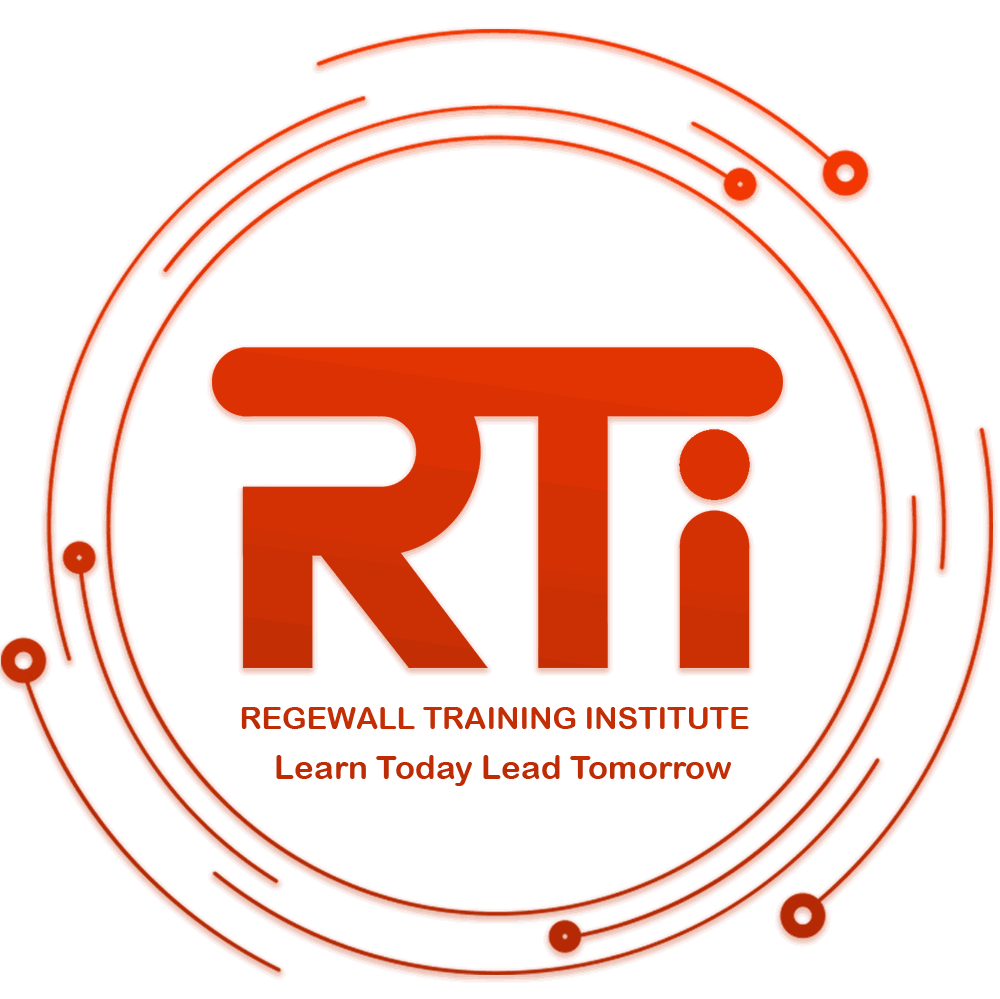Audit, Compliance, and Governance

About Course
This RTI program provides participants with a deep understanding of the critical principles and practices of audit, regulatory compliance, and corporate governance. It is designed to equip professionals with the knowledge and skills necessary to establish robust control environments, navigate complex regulatory landscapes, and foster ethical and effective organizational leadership. Participants will learn how to identify risks, implement effective controls, ensure adherence to laws and policies, and contribute to sustainable organizational success.
Target Audience
This program is ideal for:
-
Internal and external auditors
-
Compliance officers and managers
-
Risk management professionals
-
Legal and regulatory affairs specialists
-
Company secretaries
-
Board members and senior executives
-
Consultants specializing in governance, risk, and compliance (GRC)
-
Professionals seeking to enhance their understanding of corporate oversight and accountability.
Learning Objectives
Upon completion of this program, participants will be able to:
-
Understand the foundational concepts of corporate governance, risk management, and internal control.
-
Identify and analyze key regulatory requirements and compliance frameworks relevant to various industries.
-
Apply auditing principles and methodologies to assess the effectiveness of internal controls and compliance programs.
-
Develop and implement effective risk management strategies aligned with organizational objectives.
-
Evaluate and enhance corporate governance structures and practices.
-
Recognize and respond to ethical dilemmas and fraud risks within an organizational context.
-
Utilize best practices for reporting and communicating audit findings, compliance status, and governance matters.
-
Contribute to a culture of integrity and accountability within their organizations.
Course Modules
Foundations of Governance, Risk, and Compliance (GRC)
-
Introduction to GRC: Definition, importance, and interrelationship.
-
Corporate Governance Principles: OECD principles, King IV Report (South Africa specific, if applicable), board roles and responsibilities, stakeholder management.
-
Risk Management Fundamentals: Types of risk (strategic, operational, financial, compliance), risk identification, assessment, mitigation, and monitoring.
-
Internal Control Systems: COSO framework, control objectives, types of controls (preventive, detective, corrective).
Regulatory Compliance Management
-
Understanding the Regulatory Landscape: Key legislation, industry-specific regulations, and international standards.
-
Compliance Frameworks and Standards: ISO 19600 (Compliance Management Systems), GDPR, POPIA (South Africa specific, if applicable), anti-money laundering (AML), anti-bribery and corruption (ABC).
-
Developing a Compliance Program: Policies, procedures, training, monitoring, and reporting.
-
Compliance Risk Assessment: Identifying compliance obligations and associated risks.
-
Ethics and Conduct: Codes of conduct, whistleblowing policies, and ethical decision-making.
Internal Audit Principles and Practices
-
Role and Mandate of Internal Audit: Independence, objectivity, value proposition.
-
Internal Audit Standards: International Standards for the Professional Practice of Internal Auditing (IIA Standards).
-
The Audit Process: Planning, fieldwork (gathering evidence), reporting, follow-up.
-
Audit Methodologies: Risk-based auditing, control self-assessment, continuous auditing.
-
Data Analytics in Auditing: Using data to identify anomalies and trends.
-
Fraud Detection and Investigation: Red flags, investigative techniques, reporting.
External Audit and Assurance
-
Role of External Audit: Statutory requirements, financial statement audits, assurance services.
-
Auditing Standards: International Standards on Auditing (ISAs).
-
Audit Opinion and Reporting: Types of opinions, audit report structure.
-
Relationship between Internal and External Audit: Collaboration and reliance.
Advanced Governance and Emerging Issues
-
Board Effectiveness and Evaluation: Board composition, diversity, performance assessment.
-
Remuneration Governance: Principles of fair and responsible remuneration.
-
Sustainability and ESG Governance: Environmental, Social, and Governance factors in decision-making.
-
Cybersecurity Governance: Role of the board in overseeing cyber risk.
-
Crisis Management and Business Continuity: Governance aspects of resilience.
-
Future Trends in GRC: AI, automation, integrated GRC platforms.

